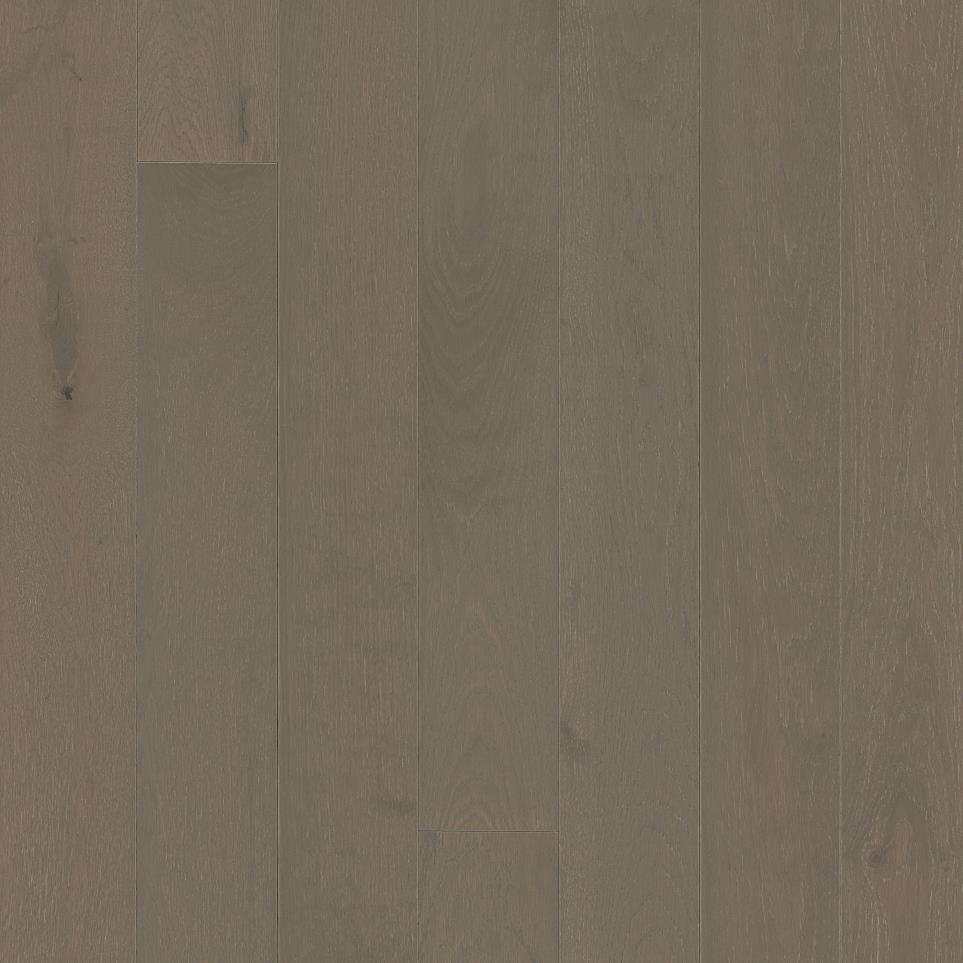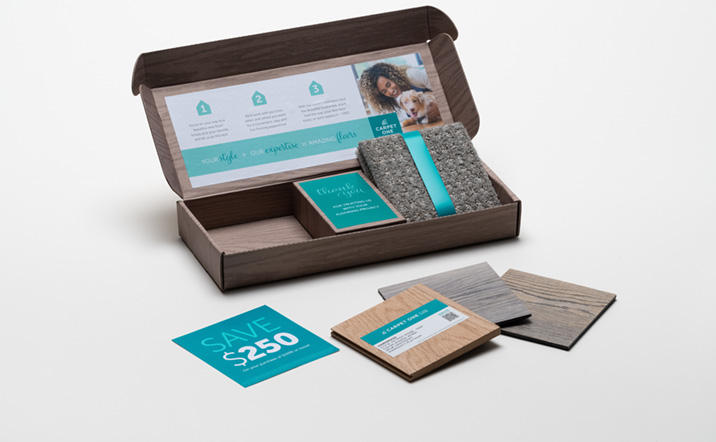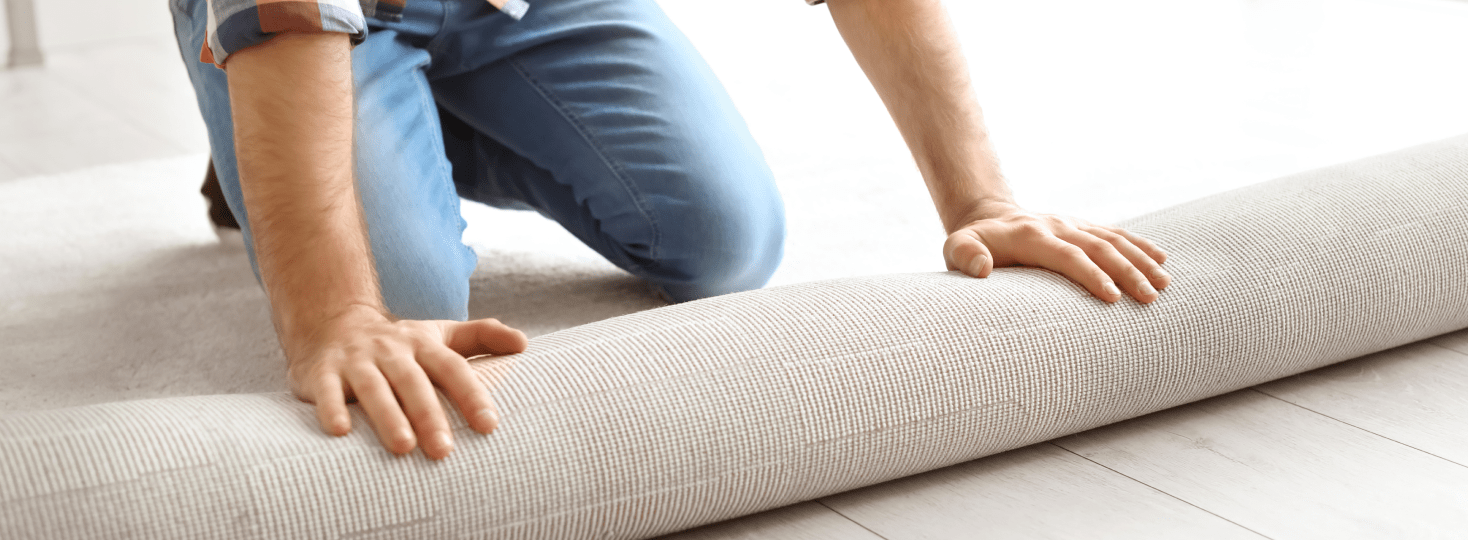
SHOP ALL HARDWOOD
Design trends come and go, but hardwood is timeless.

Design trends come and go, but hardwood is timeless.

Deep Run Mountain
by Room by Room
4 Colors
Radiant Heat
$5.26
$5.24
per square foot

Our designers share tips and top trends for every season. Discover your next home project with the help of our blog.

Get up to six samples delivered to your door.

It's no secret that hardwood flooring is a beloved staple of the modern American home, delivering an unparalleled experience with long-lasting benefits that outweigh upfront costs. Its strength and longevity keep hardwood floors at the top when it comes to home market values and return on investment. Choose from dozens of beautiful wood flooring types, tones, and finishes to complement any style, whether you’re renovating a modern minimalist space or building a rustic cabin.
Though you have many flooring choices resembling hardwood, there are two options delivering real wood:
Wood flooring dates back hundreds of years— maybe you’ve noticed the well-worn examples of patinaed pine or oak in old barns or historic homes. Today, you'll find hardwood selections from a broader range of species, including birch, ash, cherry, hickory, and walnut. Though each one offers a unique style and varies in hardness, all wood floors deliver the same long-term benefits.
Wood floors are often mimicked in other flooring materials for a good reason. For instance, the variety of hardwood flooring looks available gives you the freedom to find hardwood floors that go with your existing decor.
Consider how you want width, tone, color, and grain pattern to visually impact your home. Darker finishes and intricate grain patterns can add coziness and drama while light-hued or cool grey finishes on wide plank hardwood flooring can give the impression of a contemporary open space.
Width is another choice you're faced with when shopping for hardwood floors. Standard width planks run between 5 to 6 inches, while wide plank hardwood flooring can span 7 inches or more. Not only do wider planks help a space feel bigger and more open but they’re also easier to install since they have fewer seams.
Wood floors are among the most durable natural surfaces that you can install in your home. Even though your floor's durability will depend on the wood species you choose, you can rest assured that all hardwood options can gracefully pass the test of your active household. In fact, the eventual patina that comes over time can add character and charm.
Maintaining wood flooring takes a little attention but in the long run, it's worth it. Like all floors, you can clean hardwood regularly by sweeping or vacuuming using the wood floor setting. If a spill occurs, clean it up quickly to prevent swelling and other damage. Refer to the manufacturer documentation for care instructions specific to your new floor.
When it comes to solid hardwood floors, you get out what you put into them! Under optimal conditions, hardwood flooring can last up to 100 years or more, but the life of your new hardwood floors is largely up to your choices. A few factors can lead to a long life with your hardwood floors, including:
Warranty protection like what Carpet One Floor & Home offers can give you peace of mind and ensure you have beautiful wood floors to enjoy for years to come.
Hardwood requires a strong, precise installation, which is why it’s best left to experienced professionals.
Depending on the type of subflooring your home has and the density of the species you choose, wood flooring can be nailed, stapled, or glued down. The most straightforward method is a floating installation, which involves interlocking individual planks over the subfloor, often with no adhesive needed.
It's worth weighing the pros and cons of an investment like flooring to help you decide. Hardwood floors have some obvious advantages, like:
There are only a few disadvantages to hardwood flooring, such as:
Opting for genuine wood flooring means increased property value and a lifetime of beautiful, resilient flooring, though it does come at a cost. Solid hardwood is one of the more expensive flooring materials you can choose, with prices varying by species.
It might be hard for you to tell the difference between solid hardwood flooring and engineered hardwood at a glance because you're seeing genuine wood with both. The difference is in the composition.
The best wood flooring really depends on your needs, both from a durability and design perspective. The hardest and most durable wood is hickory, followed by white oak and red oak. Other wood species, including birch, ash, and walnut, are just as suitable wood flooring options.
As you may have seen, light, natural hardwood has become a trendy look in modern home builds, likely because it makes smaller spaces appear larger and more open. Ash, birch, and red oak are a few wood flooring types with naturally lighter hues, but if you don’t have access to those products, you can always apply lighter tones of finish to another species.
Thank you for contacting Carpet One Floor & Home. Your local flooring expert will reach out to you regarding your inquiry.